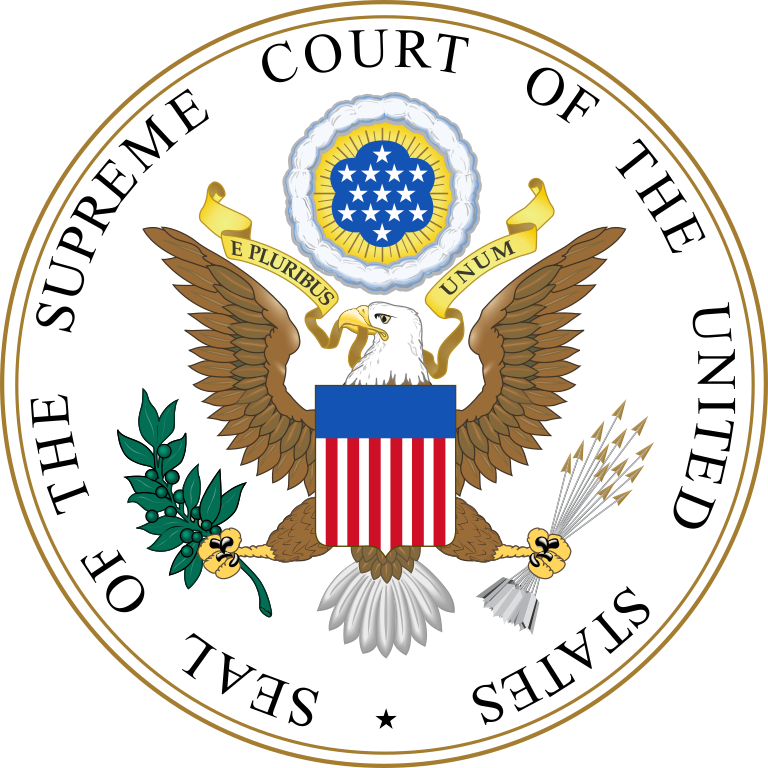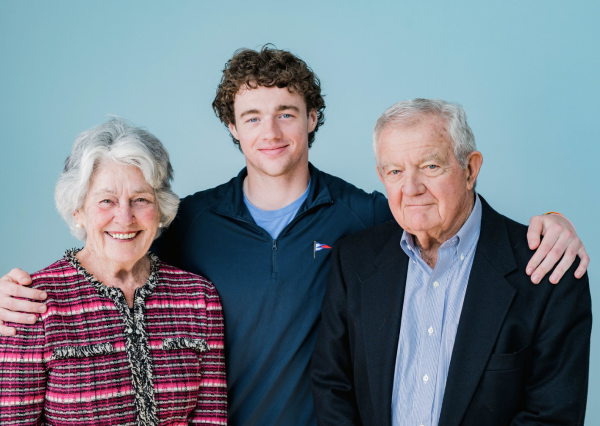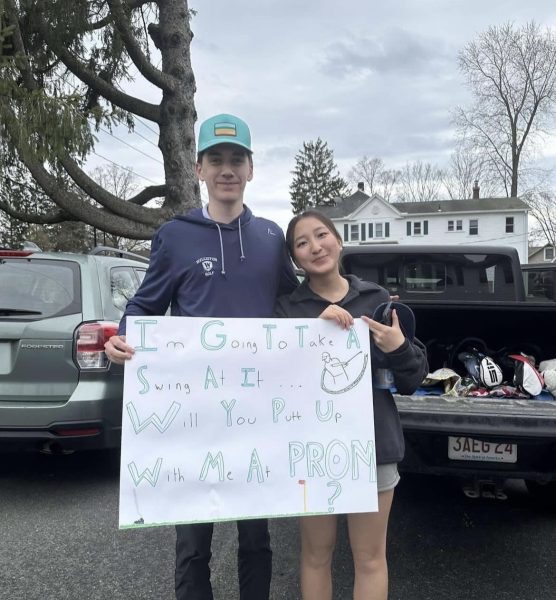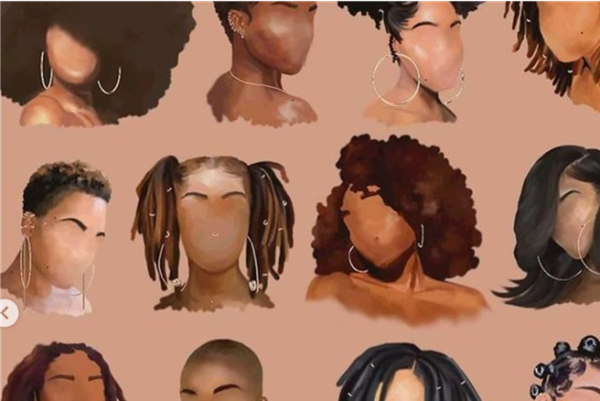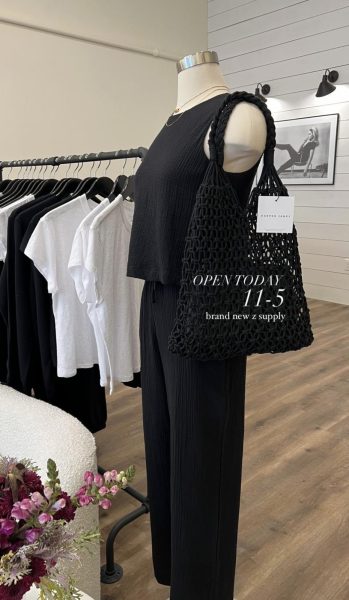Abortion Access Faces Test in Supreme Court
Roe v. Wade is in grave danger, as Texas’ ban on abortions after six weeks of pregnancy is continues after being upheld by Supreme Court, and Mississippi’s new abortion challenge is planned to come before the court this summer.
For five months now, the majority of abortions have been illegal in Texas, enforced by SB8, a bill which lets private citizens sue abortion providers. The Supreme Court’s decision to uphold this ban on December 10 2021 signaled that the landmark 1973 abortion case, Roe v. Wade, which gives the right to abortion in the U.S., could be overturned before it reaches its 50-year anniversary.
A new case from Mississippi threatens to be the one that overturns this precedent. Dobbs v. Jackson Women’s Health Organization argues Mississippi’s ban on abortions after 15 weeks of pregnancy, quite distant from the previous court precedent of 24 weeks as the final date for termination. This case is going before the Supreme Court this summer.
Liz Gluz, a junior from Syracuse NY, believes overturning Roe v. Wade would be catastrophic for human rights in the U.S.
“While Roe v. Wade is not keeping abortion completely accessible as it should be, it would still be detrimental for it to be overturned,” she said. “Restrictions would only get worse and those who are against abortion would try to get it banned. Abortion is essential.”
Liz added that “besides the many personal reasons for needing an abortion, there are people who simply cannot be pregnant and give birth for health reasons. To insist that they remain pregnant could be putting their life at risk.”
She said that she is pro-choice because “naturally it is their body, so it is their choice.”
“A baby is a huge commitment,” she added, “and there are many instances where a person did not choose to get pregnant. It is so unfair to remove the option of abortion because it literally saves lives. A child could be born into an unsafe household, or a mother may not be able to financially support a child.”
Liz expressed her growing fear about abortion bans becoming common.
“I’m not ashamed to admit that I am a bit afraid of pregnancy since it is such a challenge and could lead to complications,” she said. “I may change my mind in the future, but for now, if I were to get pregnant I would probably want an abortion. I don’t see myself able to handle a child, a common concern of many people, and I don’t know what I would do if I had no choice over my own body and life.”
Edward Bergham, a senior from North Salem NY, is also pro-choice. He believes, “in order for a person to have complete autonomy over their body, they should be able to choose what is happening and going on with it.”
Edward is also worried by the potential abortion bans.
“It’s scary as a teenager to think that should I be involved in an unwanted pregnancy, that I wouldn’t have that option with my partner,” he said. “I think my partner should have the ability to choose, the same way that I could choose not to be involved in my child’s life.”
However, Edward acknowledges that as a person who cannot get pregnant, he has an innate privilege. He said people who can get pregnant should be the main voices heard in this issue, and wanted to make sure he was not speaking in place of those voices.
Texas’ largest anti-abortion group, Texas Right to Life, called the ban a “landmark victory.” The organization, siding with the pro-life side of the abortion debate, says that a baby is alive after conception, and describes them as “defenseless human beings.”
The group adds that their commitment to protect the life of the “unborn” is based in their “belief that each human being, from the moment of fertilization until natural death, has an immeasurable dignity and inalienable Right to Life.”
Pro-choice advocates believe that the life of the pregnant person and their bodily autonomy should be the utmost priority. They believe that life does not begin at conception, and that abortion is not a “murdering” of a baby but a medical procedure to assist the pregnant person.
Although this debate is widespread, it is not divided equally. According to a poll by CNN, only 30% of people in the U.S. believe that Roe v. Wade should be overturned.
No matter what happens in the Mississippi case, the model of Texas’ bans success will allow other states to pass anti-abortion legislation.
The Texas Right to Life legislative director, John Seago, said that “lawmakers in half a dozen states are considering passing their own version of SB8,” according to CNN.
Pregnant people in Texas seeking abortion are either being forced to carry out their pregnancy or to travel out of state, where the buildup of Texas residents in abortion clinics is making abortion more difficult to access for those people in other states. This law does not just affect Texans, it affects everyone.
According to the Guttmacher Institute, an organization that tracks reproductive heath policy, the new abortion ban increased the average one-way distance that it takes for a Texan to reach an abortion clinic from 12 miles to 248.
Clinics in Colorado, Oklahoma, Kansas, and New Mexico are the closest available options for Texans seeking abortion, and those clinics are reporting extreme increases in out-of-state patients.
The neighboring states of Colorado and New Mexico, which are largely democratic, have larger abortion providing opportunities. However, in the Republican-led Oklahoma and Kansas, it is still very difficult to access. According to The Guardian, as of 2017 Oklahoma only had six abortion providing locations, and in Kansas there were only four.
Isabel Baxter-Paris is a freshman from Longmeadow Mass. She says that she is pro-choice, and that people should have bodily autonomy to be able to choose whether or not they want to have children. She acknowledged that the possibility of Roe V. Wade being overturned in the near future feels very real right now.
“It is a very scary thought,” she said. “I think it would be a large step back for women’s rights. Roe V. Wade is absolutely necessary – so many states would try to (and are actively trying to) outlaw abortion – I believe upholding Roe V. Wade is the only way to ensure that abortion access is protected for all women.”
“I am absolutely afraid for the reproductive rights of people who can get pregnant in this country,” Isabel said.
She added that she feels privileges in terms of the abortion care she has access to.
“Although I am afraid for my reproductive rights, I think it is important to mention that the people who are most affected by anti-abortion legislation are low-income women, women of color, and women who live in more rural [or] Republican areas,” she said.
“Although I believe that I should have bodily autonomy,” she said. “I also recognize that as a middle-class white girl from Massachusetts, I will likely have access to whatever reproductive healthcare I need. This can not be said for all women in America.”
Isabel said her religion of Judaism encompasses many viewpoints on abortion.
She said her interpretation of Jewish law is that “a mother’s life always takes priority – so if an unborn child will endanger the life of their mother (be it for medical, economic, or other reasons) under Jewish law that woman has every right to get an abortion.”
Isabel said she feels frustrated when people assume that all religions believe that life begins at conception, or that all practicing religious people are pro-life, and when that stereotype is enforced.
It is upsetting, Isabel said, to see people using their religious beliefs to take away the rights of others who may not even be a part of that same religion.
“Women’s rights are human rights,” she said. “Religion should never be an excuse to limit basic human rights.”



